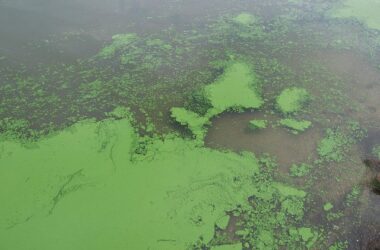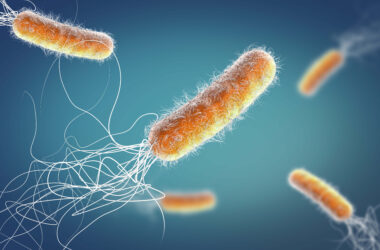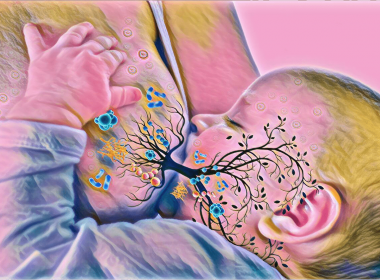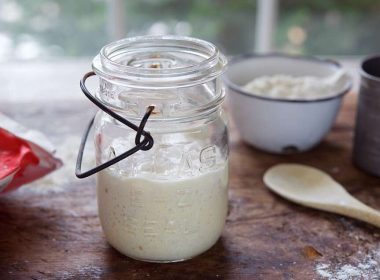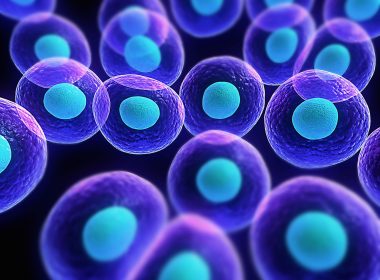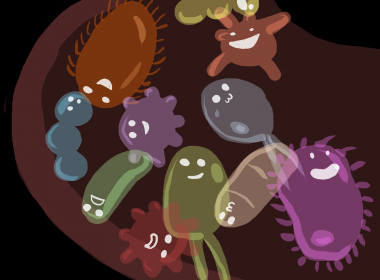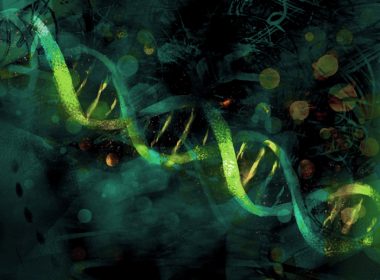Over four million Canadians contract food poisoning every year, making it a relatively common—although intensely unpleasant—ailment. The most commonly identified culprits are undercooked red meat, poultry products, and seafood. However, fresh produce is another source that often gets overlooked. As the general public increasingly recognizes fruits and vegetables as integral[Read More…]
Tag: bacteria
Solving the bacterial genome: Visualizing chromosome segregation
Cyanobacterial growth: An underlying cause for unsafe drinking water
Cyanobacterial toxins are amongst the most hazardous substances for humans. Their presence in drinking water due to cyanobacterial growth can result in undesirable health effects such as hay fever-like symptoms, skin rashes, respiratory and gastrointestinal distress, and even liver and kidney damage upon exposure. Therefore, there is an urgent need[Read More…]
P. aeruginosa: The culprit of lung infections in cystic fibrosis patients
Approximately 70 000 people worldwide live with cystic fibrosis (CF). Around 80 to 95 per cent of them fail to recover from lung infections, which can lead to rapid lung function decline and even death. Disturbingly, the standard treatment for lung infections fails in around one third of patients. In[Read More…]
Exploring the microbiota of human breast milk
Until recently, scientists presumed that breast milk—the primary source of infant nutrition— was microbe-free. However, recent studies have found that breast milk contains a healthy dose of good bacteria. These microbes originate from the mother’s gut microbiota—the harmless micro-organisms that colonize the human digestive system. The microbiome performs diverse functions[Read More…]
Baking with bacteria: The science of sourdough
While the world was in quarantine, many people picked up new hobbies. For some, it was working out; for others, it was watching movie marathons; and for many, baking became a new favourite pastime. On social media, people shared their experiences trying their hand at making bread and pastries in[Read More…]
New evidence of sticky proteins redefines bacterial cell organization
A team of biologists at McGill are changing the way scientists think about the subcellular organization of bacteria. The research group, led by Dr. Stephanie Weber, Assistant Professor of Biology at McGill, examines the spatial organization of living systems using E. coli, a species of bacteria commonly used in laboratory[Read More…]
The gut microbiome in disease and health
There are thousands of different bacterial species living inside our intestines. This environment, called the gut microbiome, provides the body with key vitamins and ensures a healthy immune system. The composition of the gut microbiome is key: Dysbiosis, a condition that occurs when ‘bad’ bacteria take over the gut, is[Read More…]
Small but mighty: Arctic bacteria are capable of cleaning up oil spills
Historically impassable, the ice cover of the Northwest Passage along Canada’s Arctic coast has thinned over the past few years, piquing the interest of the shipping and luxury cruise industries. This thinning, along with Arctic drilling, makes the legendary frozen passage particularly susceptible to oil and fuel spills. To combat[Read More…]
What’s the deal with CRISPR?
CRISPR offers the potential to cure presently untreatable cancers and diseases. Moreover, it could revive an extinct organism, such as the mammoth, using tiny bits of genomic information that scientists have collected through their serendipitous discoveries. “CRISPR is a gene editing technique that allows investigators to alter the gene sequence[Read More…]

